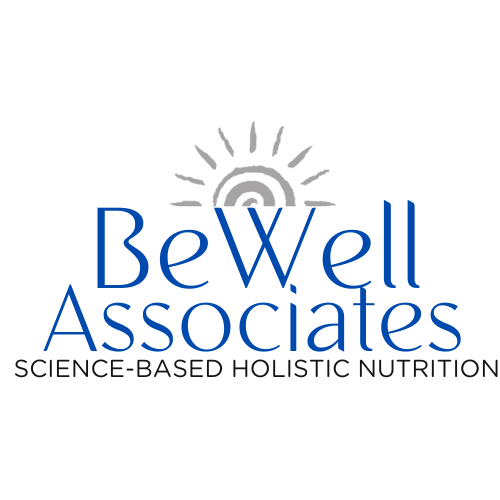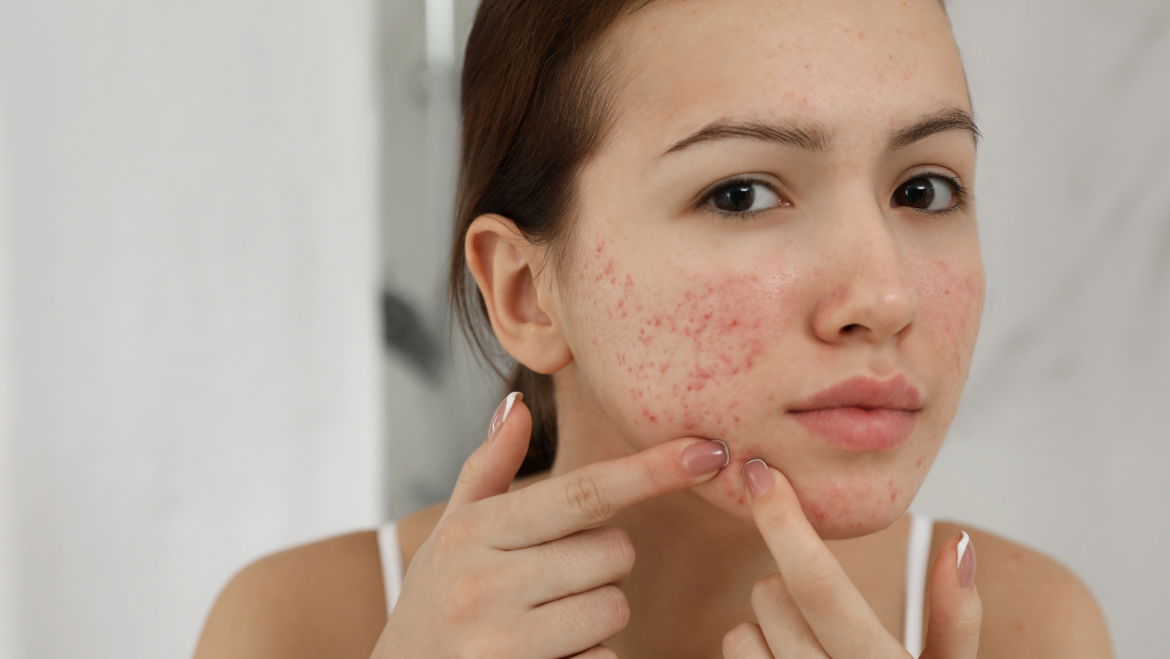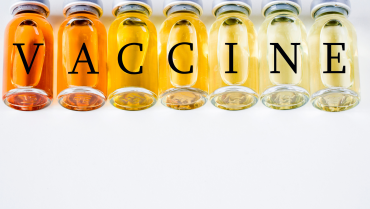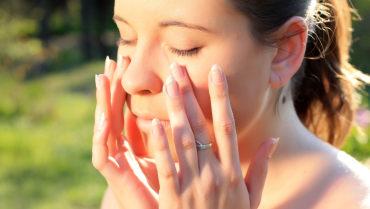Acne is the frustrating skin condition that has ruined many a prom date and challenges one in five American adults.
Typical treatment protocols involve topical and systemic antibiotics, steroids and even hormonal agents, including oral contraceptives. Accutane is the drug of choice but one that has a high risk of depression, suicide, inflammatory bowel disease, and a 100% chance of birth defects when taken during pregnancy. Antibiotic use also has a dark side: developing resistant bacterial strains and yeast infections.
The holistic approach to treating acne with natural remedies and stress reduction is based on a literature review of proven therapies that bring relief for this annoying skin condition. Please note that results may take up to six months to manifest, especially if hormonal imbalances are contributing.
The dietary recommendations:
–Avoid simple carbs. In other words, STOP EATING SUGAR! Simple carbs include corn syrup and sugar in any form. Simple carbohydrates increase IGF-I (insulin like growth factor) levels which increase male hormones ( like DHT) and boost sebum production. Sebum is the greasy substance that provides a fertile breeding ground for bacteria and clogs the pores, causing them to swell into pustules. It is those elevated IGF-I levels that cause scarring often associated with acne.
There is solid evidence that sugar and refined carbs are THE primary cause of acne, whether because it disregulates insulin and increases blood sugars or imbalances the sex hormones Non-westernized nations have very little acne because they don’t consume refined carbohydrates on a regular basis.
–Consume more complex carbohydrates. These types of carbs have a minimal effect on the production of insulin like growth factor and therefore help regular blood sugar. These would include beans, nuts, and non-gluten grains such as quinoa, wild rice, and millet. You may need to eliminate gluten.
–Avoid dairy, especially with back acne. This would include not only milk but also cheese, cottage cheese, ice cream and yogurt. One known mechanism by which dairy triggers acne is its high iodine content. Iodine aggravates acne.
–Avoid other trigger foods. Foods that are known to increase breakouts include chocolate, tomatoes, oranges, and pork. Any dietary change should be given a full three month elimination to notice an effect.
–Evaluate hormonal balance. Balanced sex hormones may be the key to some acne. This is especially true if the acne flares are cyclical and occur during the few days before the onset of menses.
Another hormonal imbalance that aggravates acne is the production of a “rogue” form of testosterone called dihydro-testosterone or DHT. This hormone is also associated with male pattern balding later in life and can be corrected with zinc and the botanical agent, saw palmetto.
– Hydrate. Drink plenty of pure water every day. Proper hydration facilitates elimination of wastes, sloughing away dead skin cells, cell growth and regeneration. It also improves skin tone. Read more about how profoundly dehydration can effect health.
– Consider supplements.
-Thyroid health. Other factors that influence skin health may be thyroid function. Ask your doctor to check your Free T3 and Free T4, more accurate reflections of your actual thyroid hormone output than TSH alone. Please note that this is a complex topic and I’m not advocating thyroid medication, even if there is a low reading. Diet and liver detoxification play a big part in normalizing thyroid function.
-Manage your stress. Reduce your reactivity to stressors by practicing mindfulness or learning how to meditate. Take a yoga class or join the gym. Whatever form of stress relief you enjoy and can stick to, do. It will make a big difference in your overall health as well as your skin.:
Here’s to healthy skin!





Add Comment